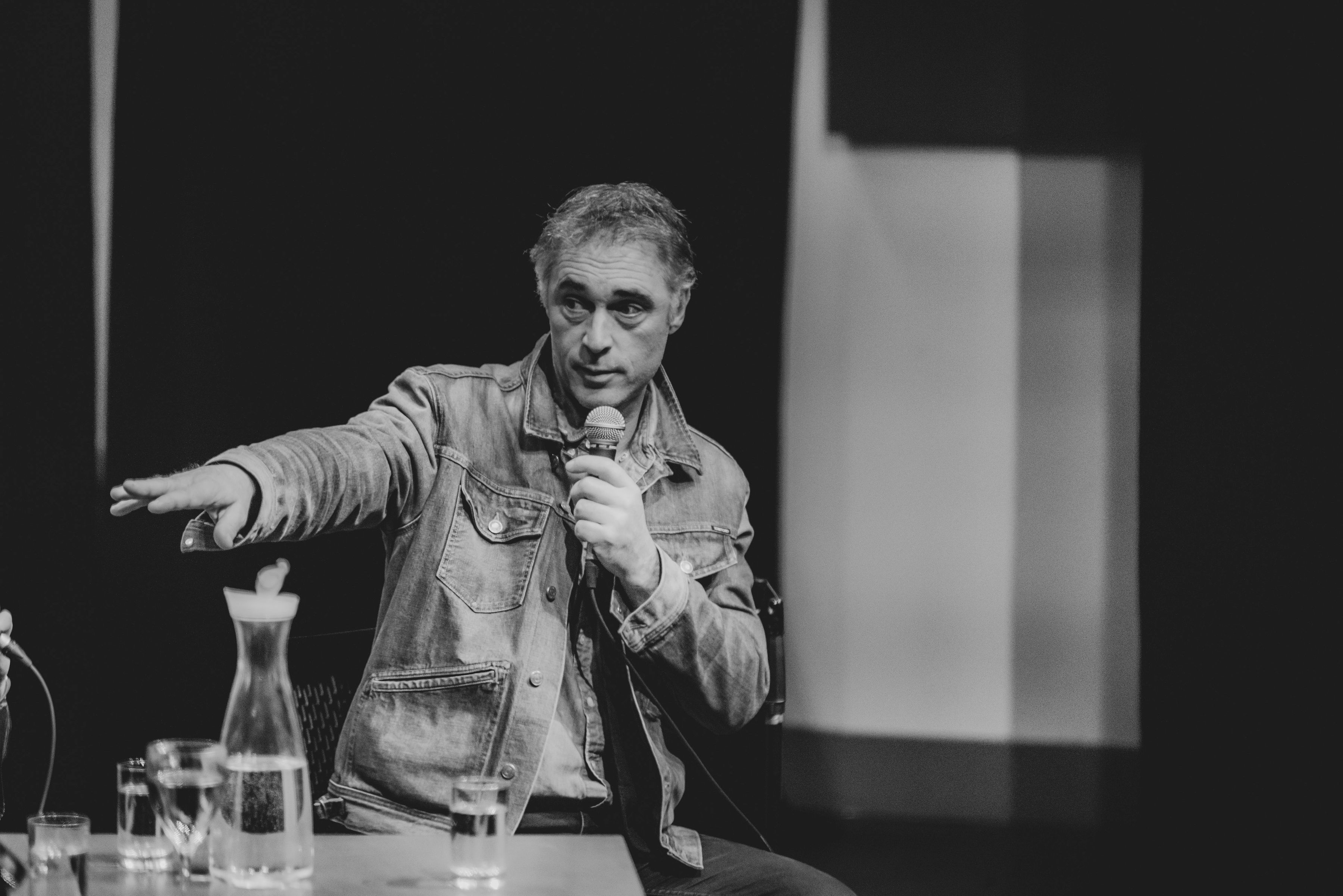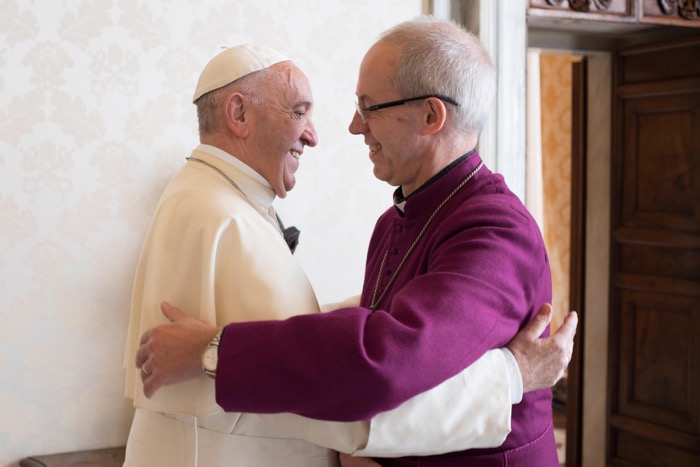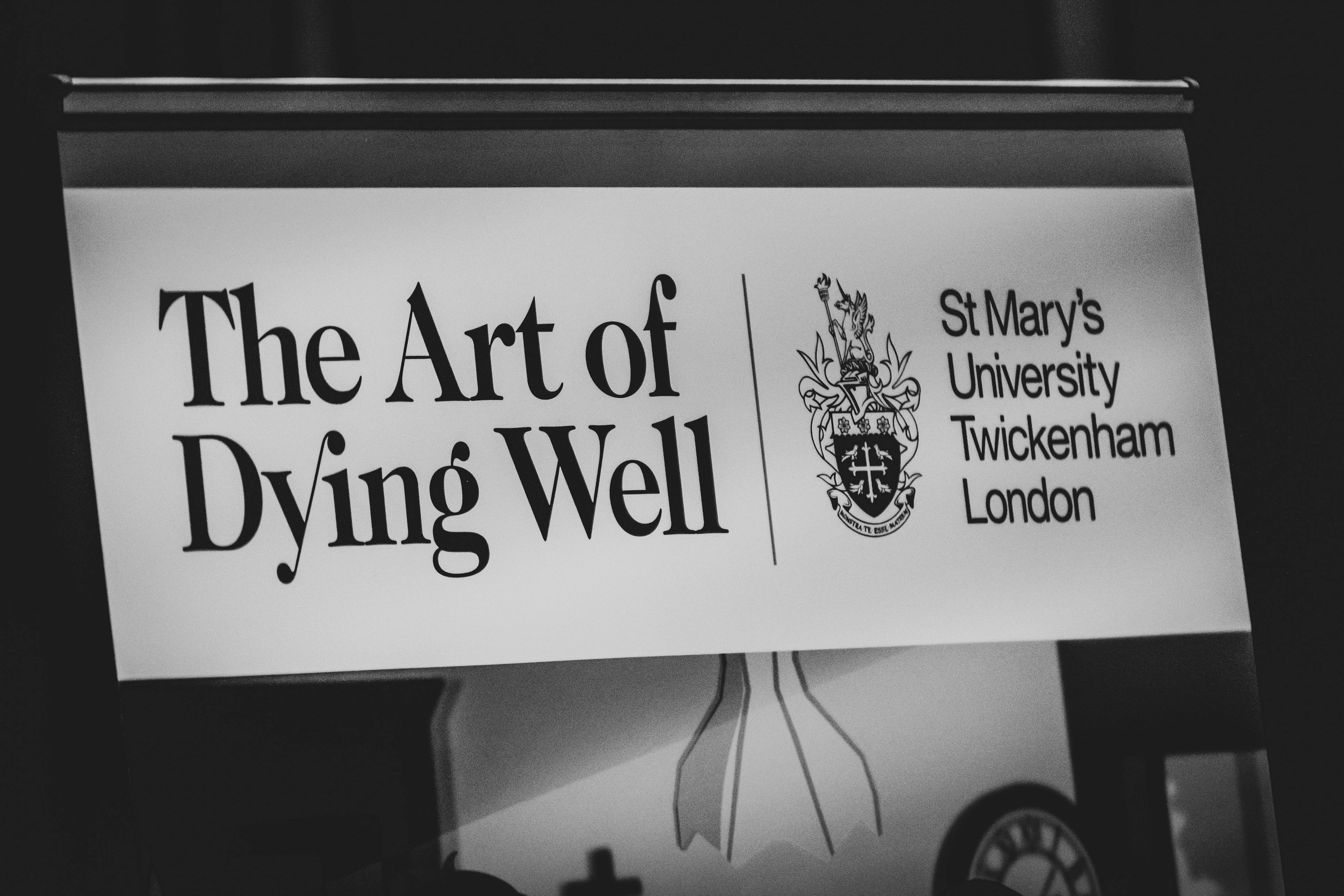There is an urgent need to ease people’s fears about death and dying, the palliative care pioneer, Kathryn Mannix, told an audience in west London on 18 January.
Mannix was speaking at the first public event hosted by The Art of Dying Well, at St Mary’s University’s venue, The Exchange, Twickenham.
She said that the NHS 10-year plan concentrates on saving lives with no mention of initiatives to support the terminally ill. As well as widening access to palliative care, people need to be told about the process of dying. Her book, With the End in Mind (HarperCollins), is filled with deathbed stories that are positive and reassuring.
“I would love to see an ordinary community palliative care scene in a soap opera. We can’t keep explaining what happens one family at a time,” she said.
The retired palliative care consultant was in conversation with the actor, Greg Wise, and LBC Radio presenter, Shelagh Fogarty.
Mannix said it can help relatives to stay calm if the dying person has planned ahead and told them where they would like to die and also to have a Plan B in case their preferred scenario is not possible.
“It’s a question of finding your coping style. Think about how you organise Christmas and how you cope with being under stress,” she said.
Wise spoke about the frustration, joy and hope he felt caring for his sister, Clare, as she was dying of bone cancer.
“People die as they have lived. Dying is not a separate thing. It is living still. So as people are dying they entrench. My sister lived her life in denial and she died in denial,” he said.

He added that Clare died a minute after he told her he loved her, that things had become too difficult and that she did not have to stay any more.
Their book, Not That Kind of Love (Quercus Books), consists of blogs written by Clare and then taken up by her brother in the last three months of her life.
All three speakers agreed that our uneasiness with talking about death is manifest when we avoid the “D” word and say someone has been “lost” or has “passed away”.
Shelagh reflected that the Irish are much more comfortable talking about death, with small children attending wakes and funerals. Greg Wise thought part of the problem is that most of us no longer live in strong communities. He said he was fortunate to have friends and family living close by who rallied round when his sister was ill.
“It takes a village to help someone to die. People today die in industrial complexes called hospitals,” he said.



 Loading ...
Loading ...